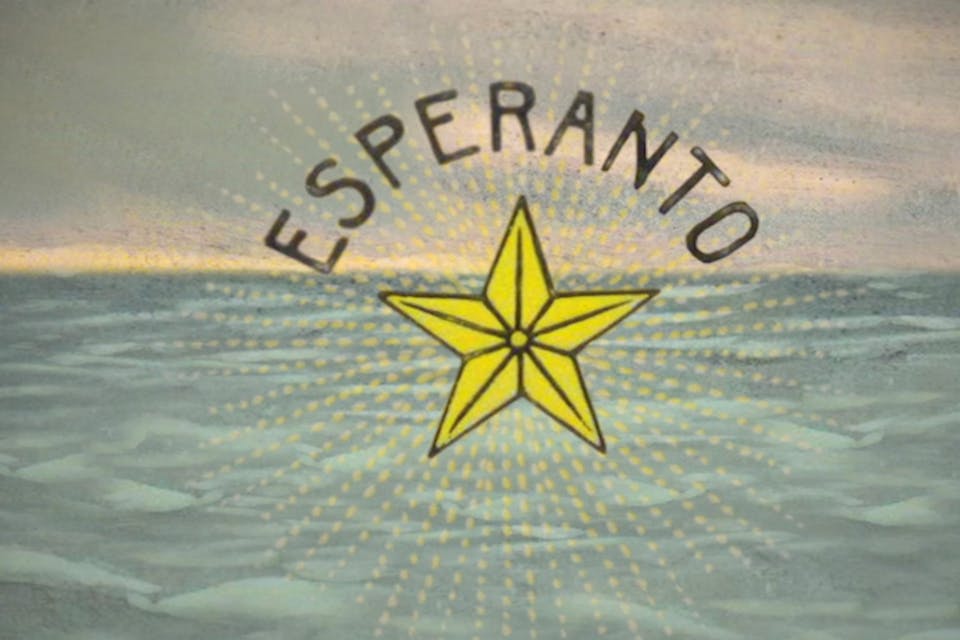
December 7, 2016
The (Not-So) Jewish Roots of Esperanto
By PhilologosCreated by an East European Jew disillusioned with Zionism and Hebrew, the language was meant to unite humanity in a spirit of brotherhood.
Got a question for Philologos? Ask him directly at philologos@mosaicmagazine.com.
Esperanto is the one “Jewish language” I have never taken much of an interest in—but then again, it is Jewish only in the sense of being the creation of an East European Jew, an eye doctor and autodidact linguist by the name of Ludovik Lazarus (né Eliezer Levi) Zamenhof (1859-1917). Living at a time when French was losing its status as a European lingua franca and English was just beginning its ascendancy, Zamenhof, whose mother tongues were Yiddish and Russian, grandly envisioned Esperanto as an international medium of communication that would unite the world in a spirit of human brotherhood.
Yet though it has had its enthusiasts, not even a fraction of Zamenhof’s aspirations for Esperanto was ever realized, and most people who have given the matter any thought—including, I confess, myself—have deemed the venture a quixotic folly. It is in part to correct this impression that Esther Schor, a professor of English at Princeton and an Esperanto speaker herself, has written her new book Bridge of Words: Esperanto and the Dream of a Universal Language.